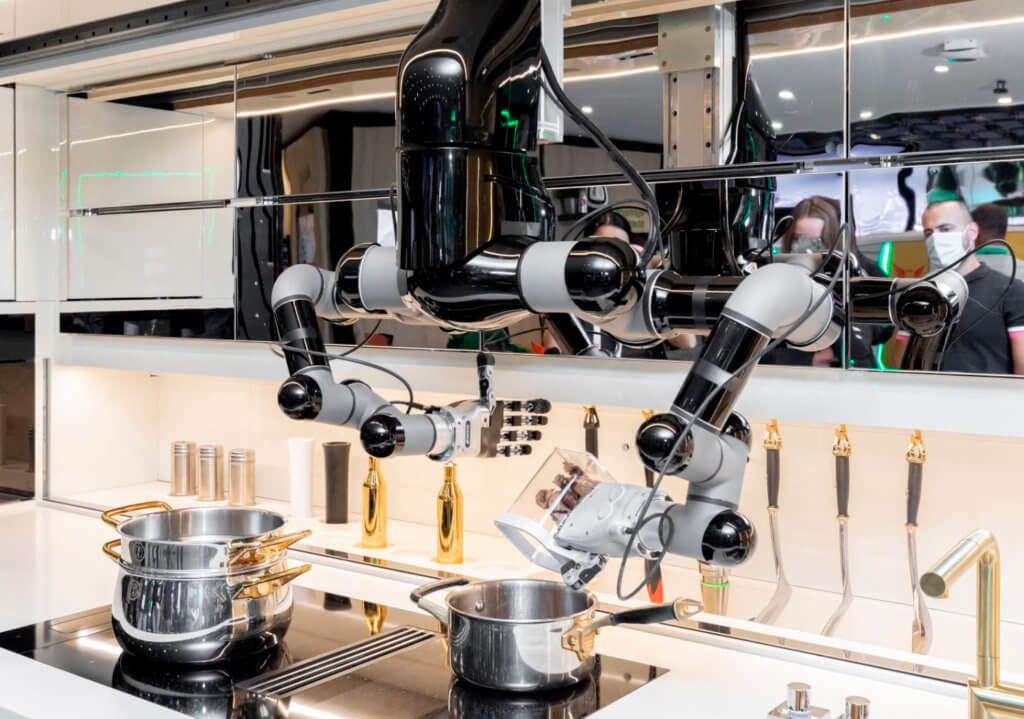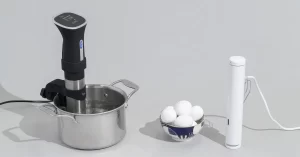In recent years, smart kitchen technology has emerged as a game-changer in the hospitality industry. As a vital sector catering to millions of guests daily, hotels, restaurants, and other hospitality establishments are constantly seeking innovative ways to enhance efficiency, improve guest experience, and optimize operations. Smart kitchen technology, with its interconnected devices and data-driven insights, offers an array of benefits that are revolutionizing the culinary landscape. In this article, we will explore the various aspects of smart kitchen technology and how it is reshaping the hospitality industry.
What is Smart Kitchen Technology?
Smart kitchen technology refers to a network of interconnected appliances, devices, and software applications designed to streamline cooking processes, automate repetitive tasks, and provide real-time data for better decision-making. These devices are equipped with sensors, internet connectivity, and artificial intelligence capabilities, enabling them to communicate with each other and external platforms.
Benefits of Smart Kitchen Technology in the Hospitality Industry
- Enhanced Efficiency: Smart kitchen technology optimizes kitchen workflows by automating tasks, managing inventory, and monitoring cooking processes. This efficiency translates to faster service, reduced waiting times, and a more seamless experience for guests.
- Improved Food Quality and Consistency: Precise temperature and cooking time controls offered by smart ovens and cooking appliances ensure consistent food quality, leading to higher customer satisfaction and brand loyalty.
- Energy and Resource Optimization: Smart kitchen technology helps manage energy consumption through automated power adjustments, leading to lower utility bills and a reduced environmental impact.
- Data-Driven Decision Making: Sensors and connected devices collect real-time data on appliance usage, ingredient inventory, and cooking times. This data can be analyzed to identify trends, optimize menu offerings, and make informed business decisions.
- Remote Monitoring and Control: Smart kitchen technology enables chefs and kitchen managers to monitor cooking processes and appliance performance remotely. This feature allows for greater flexibility and the ability to address issues promptly, even when off-site.
- Inventory Management: Smart refrigerators and storage systems can track inventory levels and expiration dates, streamlining restocking and reducing food wastage.
- Personalized Guest Experience: Smart kitchen technology can store guest preferences and dietary restrictions, allowing hospitality establishments to provide personalized dining experiences and recommendations.
- Safety and Compliance: Connected devices can be equipped with safety features that monitor and alert users in case of potential hazards, ensuring compliance with safety regulations.
Examples of Smart Kitchen Technology
- Smart Ovens and Cooktops: Equipped with touchscreen controls and pre-programmed cooking modes, smart ovens and cooktops offer precise temperature control and automated cooking processes.
- Connected Refrigerators and Freezers: Smart refrigeration systems can monitor temperature, humidity, and inventory levels, sending alerts for maintenance and restocking.
- Automated Food Processors: Smart food processors can chop, blend, and mix ingredients automatically, saving time and reducing manual labor.
- Voice-Activated Assistants: Voice-controlled devices can assist chefs with cooking instructions, recipe suggestions, and kitchen timers, hands-free.
- IoT-Enabled Kitchen Management Systems: Integrated kitchen management platforms allow chefs and managers to access real-time data, analyze kitchen performance, and manage inventory efficiently.
Conclusion
Smart kitchen technology represents a paradigm shift in the hospitality industry, empowering chefs and kitchen managers with unprecedented control and data-driven insights. From improved efficiency and energy optimization to personalized guest experiences, the benefits of embracing smart kitchen technology are multifaceted. As this technology continues to evolve, it will become an integral part of the modern hospitality kitchen, enhancing operations, delighting guests, and setting new standards for culinary excellence. As businesses strive to stay ahead in a competitive landscape, adopting smart kitchen technology is not merely an option but a necessity for success in the dynamic world of hospitality.






